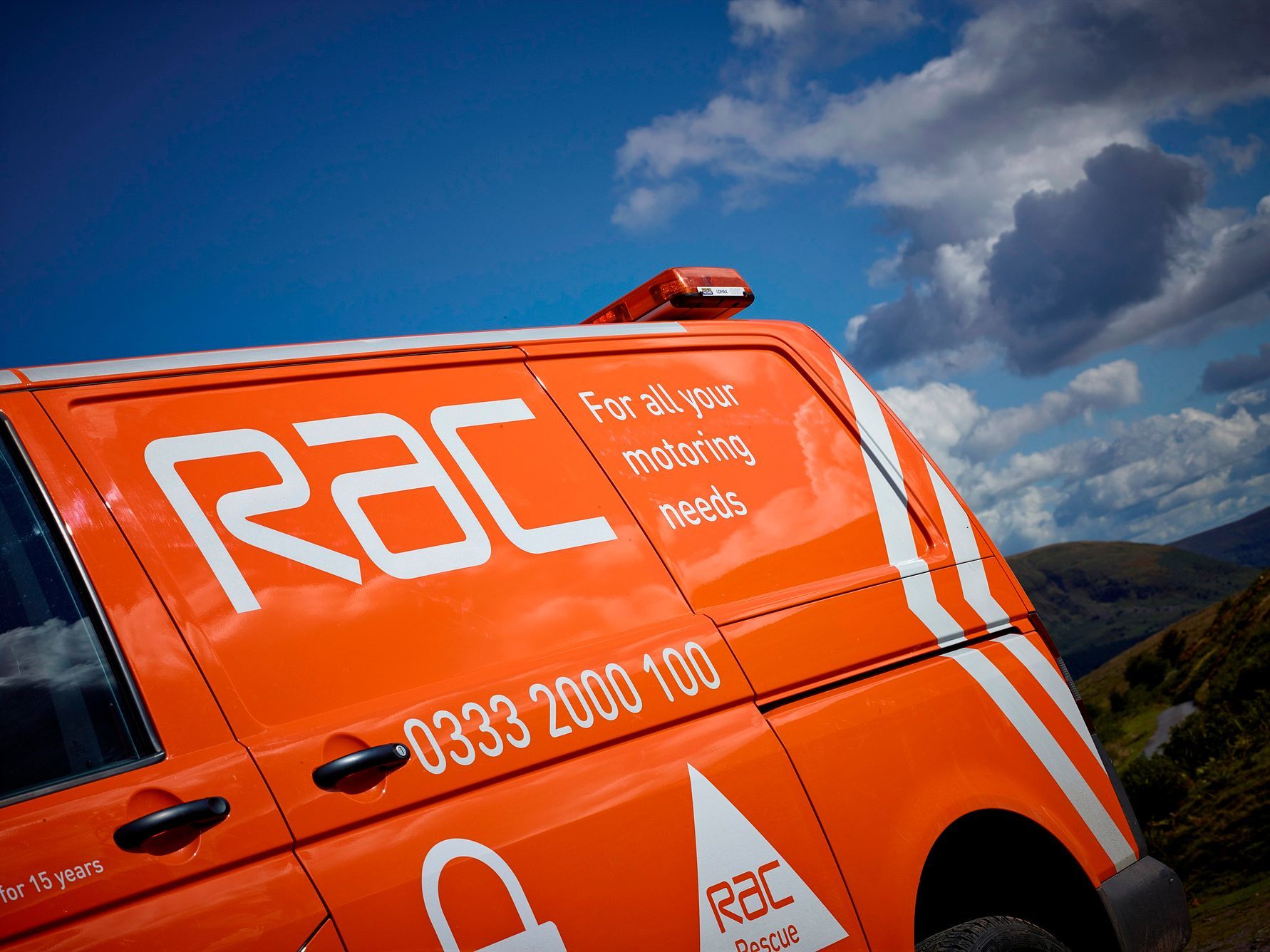Fuel fiascos: men more likely than women to run out and fill up with wrong type

When it comes to the battle of the sexes there are two motoring honours that men are not going to be proud of laying claim to – running out of fuel and putting the wrong type of fuel in their car.
Whilst one in five (23%) – or an estimated 6.6m – UK motorists* admit to having run out of fuel at least once, around a fifth (22%) more men than women say they have fallen foul of an empty tank.
Of those who say they have been left high and dry by ‘playing petrol or diesel roulette’ and losing, 61% were men in contrast to just 39% who were women.
Although three quarters (76%) of the motoring population claim never to have been caught out, men are also slightly more likely to be repeat offenders – 6% compared 4%. In 2013 the RAC dealt with more than 22,000 ‘out of fuel’ incidents which equates to almost 100,000** motorists a year across the country.
What’s more, research from the RAC** has revealed men are also more likely than women to put the wrong type of fuel into their tank, a mistake that can cost upwards of £200 to put right.
In terms of misfuelling mishaps, men are also statistically more likely to suffer a forecourt fiasco than women, with 13% saying they have done so in contrast to just 8% of women. While the RAC attends in excess of 30,000 ‘misfuellings’ a year, this would extrapolate to around 130,000 among all UK drivers, or a financial cost of about £40m based on an average of £200 for draining and flushing a vehicle and the loss and replacement of £50 of fuel. This would mean men are responsible for nearly £25m of the misfuelling bill.
While the reason for men’s ‘fuel’ishness is unclear – it may be as simple as they tend to drive more miles per year than women, what is certain is that the number of ‘out of fuel’ incidents increases when fuel prices are rising, presumably because they are trying to make it to their preferred filling station with the lowest prices.
RAC’s technical director David Bizley warns: “Both running out of fuel and misfuelling can be ‘costly’ mistakes. Running out of fuel can result in motorists being stranded in dangerous places on the road and misfuelling can be very expensive, particularly if a vehicle suffers damage as a result of the wrong fuel being sent around the system.
“Regularly running a vehicle on a minimum of petrol or diesel can cause a number of fuel system problems, but of greater concern from the findings of our research is the fact that more than one in 10 (12%) of people surveyed say they have run out of fuel on the motorway, putting themselves in a very dangerous situation unnecessarily.
“It is interesting to see the different attitudes between men and women. Perhaps men are more willing to take unnecessary risks, but ultimately it is a false economy if damage is caused as a result of regularly running low on fuel, or perhaps it is simply that the average annual mileage of male drivers is significantly higher than their female equivalents.”
“The best advice is always to ensure you have the right amount of fuel for the journey ahead, and if you are on a long motorway journey, it’s a good idea to fill up at the nearest services, rather than waiting for the one after and risking running out completely and ruining your journey.
“Misfuelling can also be an expensive mistake which we estimate cost motorists around £40m last year. This is clearly something that can be avoided by taking an extra moment at the pump to double check you have the correct pump in your hand for the vehicle you are about to fill up. As most breakdown policies do not cover misfuelling, the RAC has developed a new ‘optional extra’ product to cover the unexpected expense of putting the wrong fuel in a vehicle.”
RAC Misfuel Rescue Optional Extra – www.rac.co.uk/optional-extras#misfuel-rescue
What to do if you’ve put petrol in a diesel car? – www.rac.co.uk/breakdown-cover/wrong-fuel-recovery/petrol-in-a-diesel-car
The RAC operates a fleet of 30 dedicated misfuelling patrol vans which are equipped to drain contaminated fuel at the roadside and re-fuel motorists’ vehicles so they can continue their journeys.
Ends
Notes to Editors
*One in five (23%) figure based on number of people who admit to running out of fuel once or more and extrapolated based on 29.1m UK drivers (Vehicle Licensing Statistics 2013).
**The research was carried out among 1,463 UK drivers as part of a bespoke RAC Opinion Panel during May 2014.


